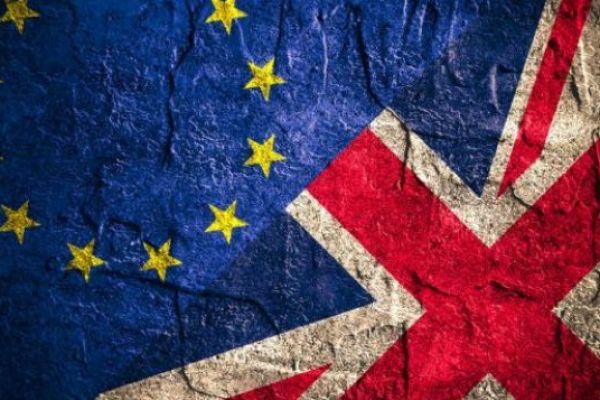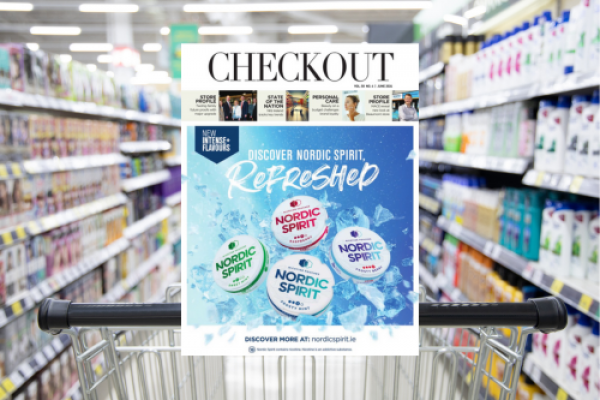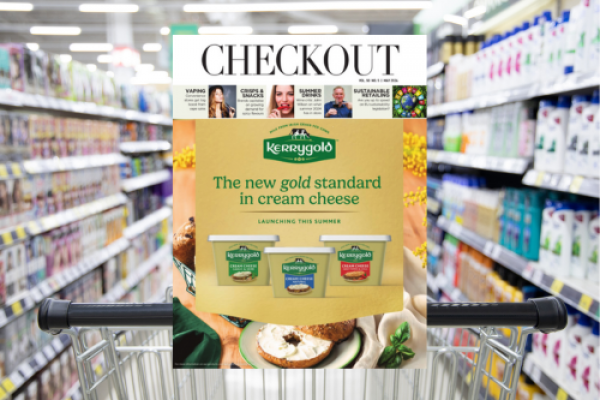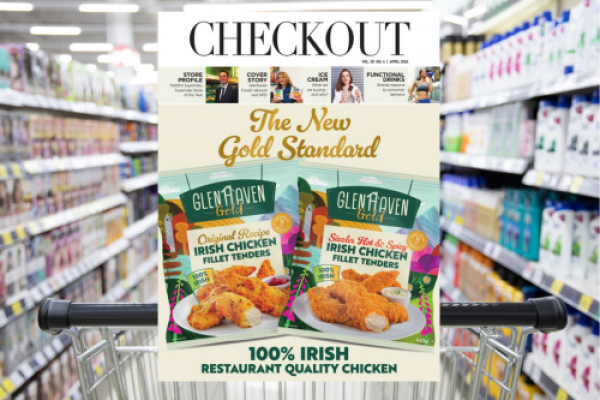Back in May, we here at Checkout published an article detailing the possible implications of a vote for the UK to leave the EU in the now infamous Brexit referendum. The piece, at the time, however, felt like a formality, with the dominant opinion in Ireland being that there was no chance the Leave vote would win.
Fast-forward two months, and at the time of writing, David Cameron has announced his resignation as the UK’s prime minister, with Theresa May set to take over (leading Leave voice Boris Johnson decided against running for the vacant spot), Nigel Farage resigned as leader of UKIP, and Jeremy Corbyn is facing mutiny in the Labour ranks. The UK seems to be in a bit of crisis, but what does this mean for Irish business?
Currency Complications
As one of Ireland’s most important trading partners, along with Continental Europe and the USA, the UK plays a significant role in Irish business. Ireland’s trade of goods and services with the UK totals over €60 billion per year, according to the Department of Foreign Affairs. Around €4 billion of this comes from the Irish food and drink sector alone, highlighting the importance of this referendum to the FMCG industry in Ireland. Conversely, Ireland is the UK’s fifth-largest export market, importing goods worth over €17.5 billion, including €3 billion worth of food and drink.
Ireland exports 55% of its meat and 30% of its dairy products to the UK on a yearly basis, valued at €2 billion and €1 billion, respectively. Some 70% of Irish-exported ingredients and prepared consumer foods also go to the UK.
Within minutes of the announcement that the Leave vote had won, sterling dropped to a 31-year low, sparking concern that it may collapse altogether. With many Irish food producers relying on trade with the UK, as detailed above, the sudden nosedive in the currency’s value was a huge cause for concern.
A survey by risk-management firm Aon found that fewer than three in five (58%) companies in the food industry feel that sterling’s decline is a major challenge to competitiveness. The survey’s author, Ciara Jackson, explained, saying, “[The] shock result has the potential to severely challenge the competitiveness of the Irish food and agri-business sector.
“The UK’s importance as an export destination for Irish produce means that the collapse in the value of sterling could particularly hurt lower-margin businesses, where profits can quickly swing to losses,” Jackson continued.
A similar result was noted in a Bord Bia client survey, with six in ten saying that the exchange rate is their greatest concern.
“With 41% of Irish food and drink exports destined for the UK, making it Ireland’s top export destination, the current volatility of sterling is, understandably, a great concern for food producers here,” said Bord Bia’s chief executive, Aidan Cotter, at a recent Brexit briefing in the Clayton Hotel in Ballsbridge.
Brexit For The Border
In the lead-up to the referendum, there was a lot of talk about what would happen with the Northern Irish border. Would Brexit mean the reintroduction of a hard border between the Republic and Northern Ireland? What effect would Brexit have on retailers in border towns? All of this is still up in the air, but there is a fear that Brexit could have catastrophic consequences for the industry on the border.
In terms of retailers north of the border, the dramatic shift in the value of sterling actually brought reasons to be cheerful, as cross-border shopping became a very attractive prospect. With sterling potentially continuing to weaken, consumers will be delighted to take advantage of cheaper goods in the North, but for retailers in the Republic and for the tax take, it is a worrying time.
The potential introduction of a hard border, due to it being the only land border between the EU and the UK (bar that of Spain and Gibraltar), could cause complications down the line. Ann McGregor, chief executive of the Northern Ireland Chamber of Commerce and Industry, says that the impact of Brexit could be worse for the North than anywhere else in the UK.
“Northern Ireland is now in a unique position as [a] part of the UK with a land border with the EU, and this will throw up challenges,” McGregor said in the aftermath of the vote to leave.
Figures from the HM Revenue & Customs show that the Republic is the North’s biggest export market, with £2.1 billion worth of goods exported south of the border in the year up to Q1 2016. Any potential impact of a hard border between the two countries would likely have an impact on this figure going forward.
Political Instability
As detailed above, perhaps the most evident impact of Brexit so far has been on the face of politics in the UK. It appears as if nobody is safe from the backlash that has ensued since that fateful day in June. Several politicians have shown a distinct lack of backbone and resigned their positions, rather than attempt to deal with the problem they’ve created.
In Ireland, the impact of Brexit hasn’t had a huge impact on the political scene here, however, with increasing pressure on Enda Kenny to resign his position as Taoiseach, there are ongoing talks about who is the right person to take on the role in such an uncertain economic period. The frontrunner appears to be Leo Varadkar, but his lack of business acumen may spell disaster for the country. Simon Coveney, therefore, seems like the logical choice.
Whatever happens, it is beyond any doubt that Brexit has changed the face of politics and, more importantly, the face of business in Ireland and the UK. It remains to be seen how big that change is going to be.
© 2016 - Checkout Magazine by Niall Swan









